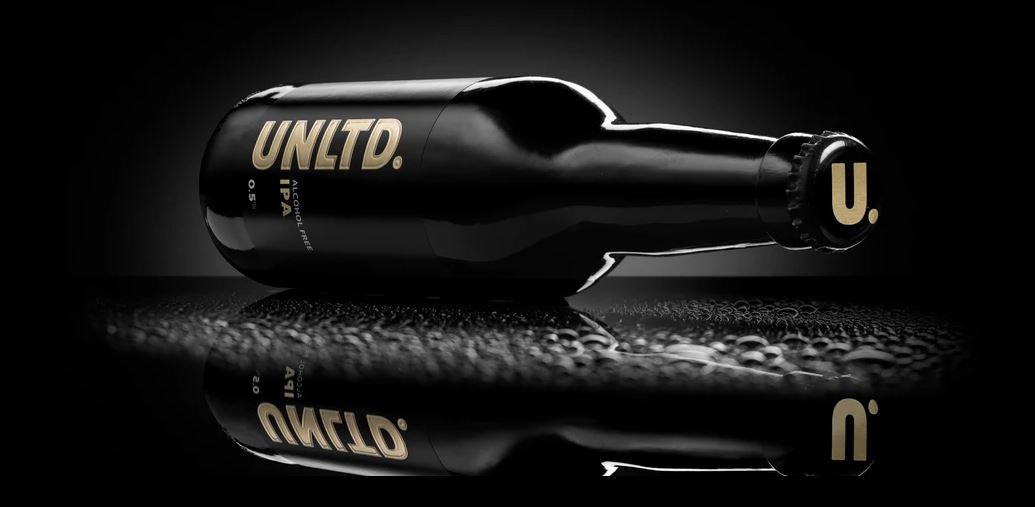
Sometimes, there’s no feeling like grabbing a cold beer after work, flopping on the sofa, putting your legs up on the coffee table, and just relaxing. No one is going to stop you from enjoying a couple of beers on a Friday evening, but if it becomes a weeknight habit, and one beer becomes two, there’s a good chance you’re going to start noticing a bit of weight gain.
Drinking alcohol will add to the overall calories we consume every day, and the calories from alcohol are ‘empty calories’ with no nutritional benefit, which then leads to weight gain. However, there are ways to still enjoy a nice beer or alcoholic beverages with far lower calories.
Men typically tend to gain weight around their middle, which is how we get the term ‘beer belly’. The fat around the middle of our bodies is thought to be harmful, because it develops directly on the organs inside the abdomen, including the liver.
Alcohol also has seven calories per gram, which is almost as many calories as pure fat. Many alcoholic drinks are also high in sugar, which then only adds to the empty calories consumed, and further contributes to weight gain, potentially putting your long term health at risk.
So what can you do?
Drinking in moderation can help reduce the risk of serious diseases, as well as stop hangovers! However, if you’re a moderate drinker and want to watch your weight, then low-calorie beers are just what you’re looking for.
While the advent of low-calorie beer has been disputed, it might have been invented by Dr Joseph L Owades in 1967, who then sold the idea to Miller after his marketing failed. However, Miller claims to have invented the first low-calorie beer.
But the definition of ‘Lite’ beer, like the brew that Miller is most well-known for, is a little vague. Swapping your regular beer for light beer may not result in the same weight loss you might expect or hope.
The next time you’re looking at the beer option available, it is important to know the differences between light beer, low-calorie beer, and low or nonalcoholic beers,
The definition for light beer varies among the different brands, and sometimes it means the beer contains less alcohol, while at other times it means there are fewer calories. And then sometimes it means both, which can be confusing!
Low-calorie and low-carb beers may have the same alcohol content as regular brews but are made with fewer high-calorie ingredients.
Nonalcoholic and low alcohol beers have a reduced alcohol content, or the alcohol is removed completely, either as part of the brewing process, or post-production. Reducing your alcohol consumption will have its own health benefits, as well as a reduction in calories, but it does not mean it is low in carbohydrates.
So, by all means, enjoy that Friday evening beer after work, and put your feet up, you deserve it. But if you’d like to be a little healthier and looking for low-calorie beer in the UK, visit our online store today.
